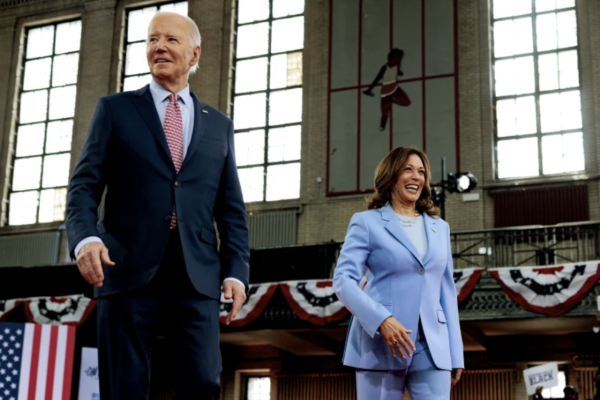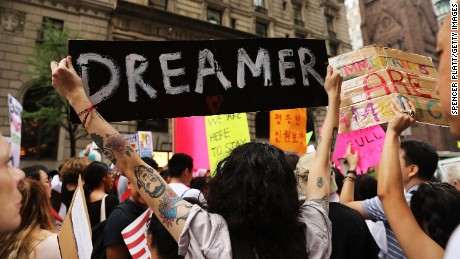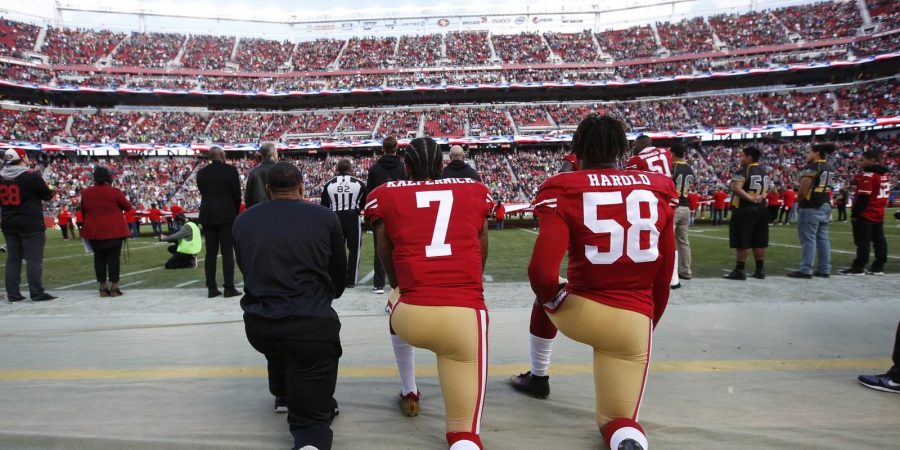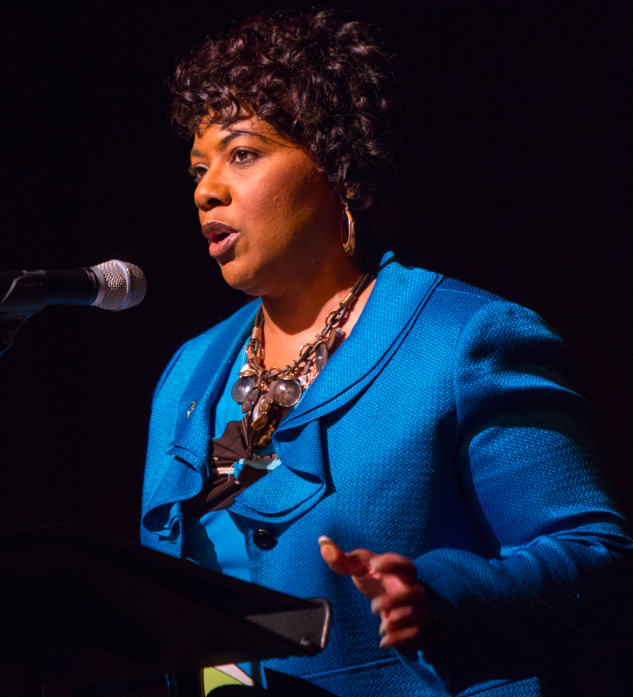By Amanda Bibbins
Contributing Writer
Washington, D.C. – On Wednesday, September 10, President Obama addressed the nation about the series of actions the United States will take against ISIL, or the Islamic State of Iraq and the Levant. But this prompts questions for the nation, and most importantly, students like ourselves who are faced already with a tremendous national debt that we incur when we pay federal taxes.
It’s important to understand why the president is choosing this course of action. After all, what threat are we really facing? The crisis abroad has more to do with us than perhaps we thought possible, so we at The Voice would like to shed some light on what you may be reading or hearing in the news, in order to help separate fact from ordinary media bias.
ISIS, ISIL… Who can keep it all straight?
It’s important to look first at the international players. ISIS stands for The Islamic State in Iraq and Syria, and ISIL stands for Islamic State of Iraq and the Levant. Levant refers to the geographic and cultural region of the Eastern Mediterranean: Cyprus, Israel, Jordan, Lebanon, Palestine, Syria, and some regions of Turkey.
The names of this organization are virtually interchangeable; they refer to the same extremist group in the Middle East, looking to create one state for Muslims across the world in the countries of Iraq and Syria.
Where did it all begin?
This conflict has roots that have been growing in the Middle East since November of 2013, although it has only drawn international media attention this summer. ISIS used to be associated with the terrorist group al-Qaeda, best known for the September 11 attacks. ISIS was known as “al-Qaeda in Iraq,” until February of 2014, when al-Qaeda cut ties with ISIS, disagreeing over ISIS’s killing of civilians.
Beginning in June of this year, Iraqi cities fell to the control of ISIS by way of fear, violent terrorist attacks, and guerrilla warfare.
So what does this have to do the United States?
The conflict bears weighty significance to the United States; during the Iraq War (2003-2011), the United States aimed to stabilize Iraq by establishing a democratic government and adequately training the Iraqi military.
As for a world response, the United Nations and United States have both condemned ISIS for its human rights abuses; thousands of Iraqis have died in the conflict so far. The United States has intervened by launching air strikes in the region to help protect citizens.
What does this mean to students?
Well, in short, you can expect the debate in the media to only grow as the conflict continues. The series of victories for ISIS prompts debate among politicians and academics, consuming inches of newspaper columns and hours of network news airtime. Were the United States’ efforts in Iraq in vain? Should the United States do more in the region to protect the Iraqi citizens?
If you’re interested in learning more about this conflict, read more about it in one of your trusted news sources or talk to one of our wonderful Simmons international relations/political science professors.




















Amanda Bibbins • Sep 24, 2014 at 10:11 am
Reblogged this on Mum's the Word and commented:
Dear Readers,
You may ask yourselves where I’ve been since my trip to Switzerland. And I must be honest, I have no better explanation than “I was taking a hiatus from writing”… I know, the seemingly unthinkable. But I have started writing for The Simmons Voice, and here’s the first piece I’ve written for them. It’s good to be back on the writing scene.
Happy autumn!